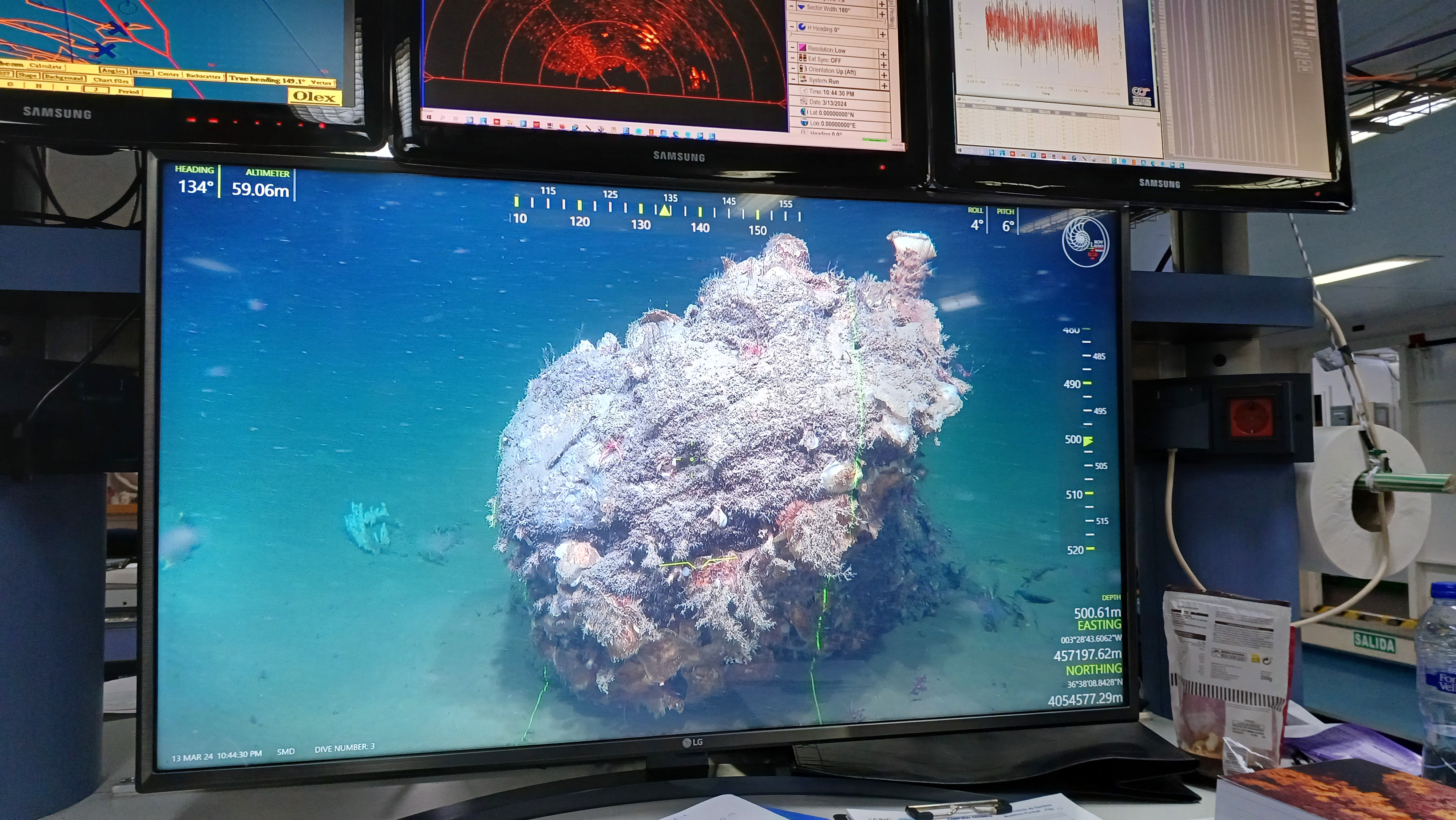
For a period of 17 years, the scientific studies conducted around the world on the relationships between humans and carnivores focused excessively on the conflicts between them, overlooking the benefits that carnivores bring to society. This is just one of the conclusions of an international study in which the University of Granada is participating, which also identifies other research deficiencies related to location, type of species, or methodology applied, for instance.
Carnivores deliver important benefits for society, but it is their conflicts with humans that account for the majority of academic research publications, according to an international study led by the Complutense University of Madrid (UCM), in which a researcher from the University of Granada (UGR) is participating.
With the general aim of determining the primary trends in global research dealing with human–carnivore relationships, the experts have reviewed more than 500 scientific studies published between 2000 and 2016 and have presented the results in the scientific journal Biological Conservation.
The researchers analysed the academic papers taking into account factors such as the temporal and geographical distribution of the studies, the relationships identified between carnivores and human beings, the different social actors involved, the measures taken to manage carnivores, the drivers of change in these relationships, and the type of methodology applied.
“The results have demonstrated that, globally, research on the relationship between humans and carnivores is deeply skewed, both geographically and taxonomically, and we have identified four important knowledge gaps,” explains Jorge Lozano, primary author of the study and currently a researcher at the Department of Biodiversity, Ecology and Evolution of the UCM, following a postdoctoral stay at the Leuphana University of Lüneburg (Germany), where the study began.
Disseminating their benefits in the name of conservation
The first of the research gaps identified is that human–carnivore relationships are often framed in terms of conflict, with few studies on the ecosystem services (that is, the benefits) they provide—despite these benefits being detected. Among these benefits are pest control, waste and carcass disposal, and nature tourism.
A further research deficit was also found in the location of the extant studies, as the majority were conducted in the northern hemisphere, while carnivores also produce benefits and conflicts in the south. In addition, the studies tended to focus on large predators (bears, wolves, and big cats), while small and medium-sized carnivores received very little attention.
Finally, most of the research was carried out using natural science methods, yet social science methods are also necessary to fully understand the relationships between humans and carnivores.
“In general, if we are to foster the coexistence of humans and carnivores on a global level, more studies on small and medium-sized species are urgently needed, in all regions of the planet. Such studies need to describe the important benefits that carnivores provide to human society,” observes Lozano.
Marcos Moleón Paiz, a researcher at the UGR’s Department of Zoology and co-author of the study, points out that, in relation to conflicts, “research efforts should focus on assessing the effectiveness of the management measures adopted, because often they do not fulfil the required role or are not even evaluated. Yet, such measures often have negative effects on carnivorous populations, coupled with major economic expense for local communities.”
In addition to the UGR and the UCM, the universities of Alcalá, Almería, and Miguel Hernández de Elche are also participating in the study, along with the Mediterranean Institute for Advanced Studies (CSIC-UIB) and institutions and research centres in Germany, Poland, South Africa, the United States, and the Netherlands.
“It is essential to carry out more, and better, research into the benefits that carnivores bring to society and to disseminate this knowledge so that the public understands they are necessary and supports their conservation,” the authors conclude.
Bibliography
Lozano et al. “Human–carnivore relations: A systematic review”. Biological Conservation 237: 480–92. September 2019. DOI: 10.1016/j.biocon.2019.07.002.
Media enquiries:
Marcos Moleón Paiz
Department of Zoology, University of Granada
Tel: +34 958 241000 ext.: 20096
Email: mmoleon@ugr.es


